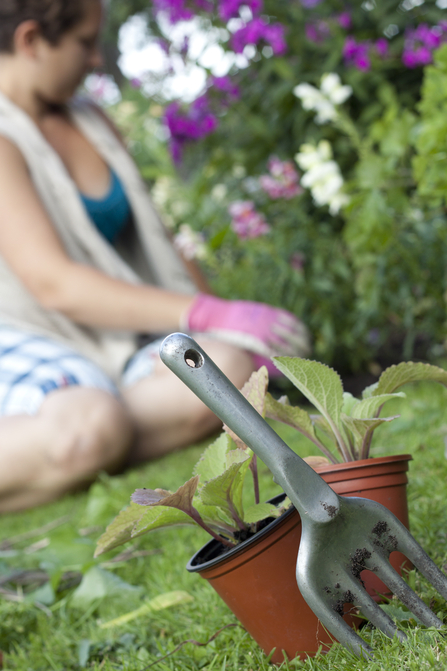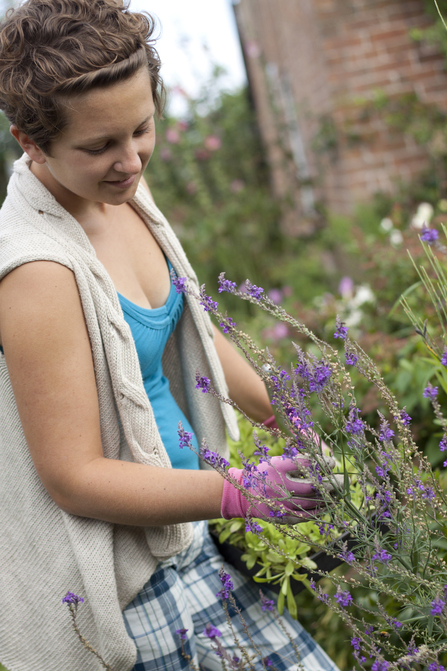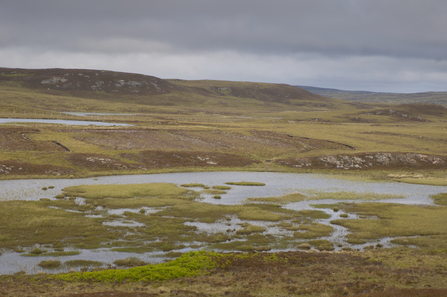
Tom Marshall
In March, 238 volunteers responded to a survey by Friends of the Earth, Plantlife, RSPB and The Wildlife Trusts. They found that:
• only 19% of almost 1,300 products on sale were clearly labelled as peat-free;
• a third of respondents did not find peat-free compost clearly available;
• half of respondents who checked prices found peat-free compost to be more expensive than peat-based options;
• there was often little awareness or concern about the impact of peat among retail staff;
• most respondents reported a lack of product choice, price incentive or clear labelling to encourage consumers to buy peat-free.
The survey results show how difficult it still is for amateur gardeners to buy peat-free. This is despite the high profile of the peat-free gardening issue in the 1990s and early 2000s, the availability of quality peat-free alternatives and repeated commitments by the garden industry and UK government to phase out peat use.
Environmental groups are calling on industry and governments to take determined action – and urgently – to protect remaining peatlands from the devastating impacts of this trade.


